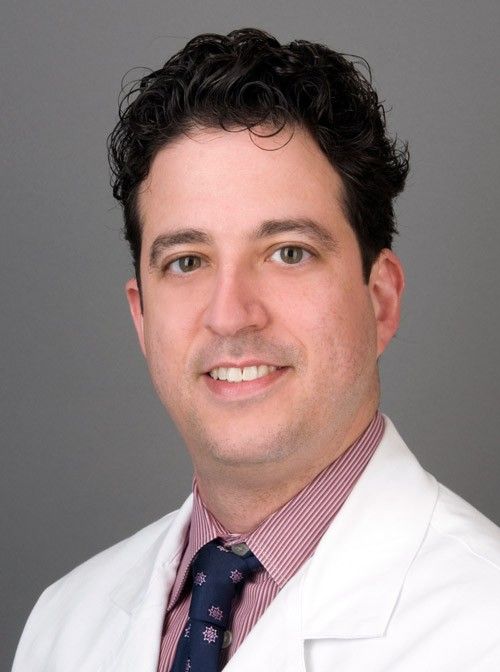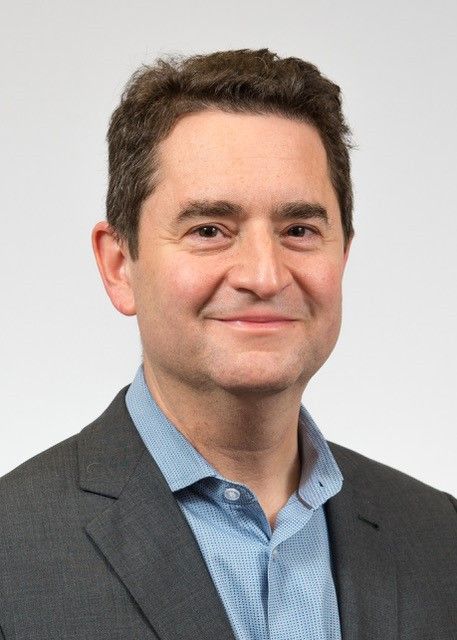


- Chapters
- descriptions off, selected
- captions settings, opens captions settings dialog
- captions off, selected
- en (Main), selected
This is a modal window.
Beginning of dialog window. Escape will cancel and close the window.
End of dialog window.
This is a modal window. This modal can be closed by pressing the Escape key or activating the close button.

Mark G. Lebwohl, MD, a coauthor of the 2021 Effisayil 1 phase 2 study for generalized pustular psoriasis (GPP),1 delves into the mechanisms of action, histopathology, and best-practice recommendations for diagnosis of this potentially life-threatening skin disorder in an exclusive interview with Dermatology Times®, conducted alongside a GPP advisory board roundtable held at Maui Derm for Dermatologists 2022.

- Chapters
- descriptions off, selected
- captions settings, opens captions settings dialog
- captions off, selected
- en (Main), selected
This is a modal window.
Beginning of dialog window. Escape will cancel and close the window.
End of dialog window.
This is a modal window. This modal can be closed by pressing the Escape key or activating the close button.

Currently, there is no FDA approved treatment specifically for generalized pustular psoriasis (GPP). Mark G. Lebwohl, MD, a coauthor of the 2021 study, Effisayil 1 phase 2 study for generalized pustular psoriasis (GPP),1discusses the clinical trial data that could change that status in an exclusive interview Dermatology Times®, conducted alongside a GPP roundtable held at Maui Derm for Dermatologists 2022.

- Chapters
- descriptions off, selected
- captions settings, opens captions settings dialog
- captions off, selected
- en (Main), selected
This is a modal window.
Beginning of dialog window. Escape will cancel and close the window.
End of dialog window.
This is a modal window. This modal can be closed by pressing the Escape key or activating the close button.

Patients with generalized pustular psoriasis (GPP) may be admitted to a hospital with a flare before ever being diagnosed by a dermatologist. Others may get a diagnosis in a dermatologist’s office but still require care from multiple providers. Michael Gold, MD, who served on an advisory board for a GPP roundtable at Maui Derm for Dermatologists 2022, shares education strategies for providers in all health care roles.

- Chapters
- descriptions off, selected
- captions settings, opens captions settings dialog
- captions off, selected
- en (Main), selected
This is a modal window.
Beginning of dialog window. Escape will cancel and close the window.
End of dialog window.
This is a modal window. This modal can be closed by pressing the Escape key or activating the close button.

Physicians may have only hours to identify a GPP flare, decide whether to hospitalize the patient, and determine a treatment plan. Michael Gold, MD, defines action steps in this follow-up to a GPP roundtable at Maui Derm for Dermatologists 2022.

- Chapters
- descriptions off, selected
- captions settings, opens captions settings dialog
- captions off, selected
- en (Main), selected
This is a modal window.
Beginning of dialog window. Escape will cancel and close the window.
End of dialog window.
This is a modal window. This modal can be closed by pressing the Escape key or activating the close button.

Are women more likely than men to develop generalized pustular psoriasis (GPP)? Which therapies are used most often in treatment regimens? What are the most common comorbidities for patients with GPP? Joel M. Gelfand, MD, MSCE, discusses his study findings for this patient population in this exclusive interview with Dermatology Times® conducted as a follow-up to his remarks at an advisory board roundtable on GPP at Maui Derm for Dermatologists 2022.

- Chapters
- descriptions off, selected
- captions settings, opens captions settings dialog
- captions off, selected
- en (Main), selected
This is a modal window.
Beginning of dialog window. Escape will cancel and close the window.
End of dialog window.
This is a modal window. This modal can be closed by pressing the Escape key or activating the close button.

Managing GPP is complex and, until now, there has been no standard of care. Though outcomes of clinical trials show promising outcomes, GPP will continue to pose challenges. Joel M. Gelfand, MD, MSCE, reviews treatment efficacy and safety concerns and offers strategies for conducting effective patient conversations in this exclusive interview with Dermatology Times® conducted as a follow-up to his remarks presented at an advisory board roundtable on GPP at Maui Derm for Dermatologists 2022.

- Chapters
- descriptions off, selected
- captions settings, opens captions settings dialog
- captions off, selected
- en (Main), selected
This is a modal window.
Beginning of dialog window. Escape will cancel and close the window.
End of dialog window.
This is a modal window. This modal can be closed by pressing the Escape key or activating the close button.

What pathways beyond IL-36 are targets for tackling GPP? Which medications and vehicles will improve outcomes? How will the patient population with GPP change?
Bruce E. Strober, MD, PhD, tells Dermatology Times® what’s on the horizon for treating this severe skin condition in an interview held in conjunction with an advisory
board roundtable on GPP at Maui Derm for Dermatologists 2022.
Dr. Strober is cofounder of Central Connecticut Dermatology, Cromwell, and a clinical professor of dermatology
at Yale University School of Medicine in New Haven, Connecticut.
2 Commerce Drive
Cranbury, NJ 08512
All rights reserved.